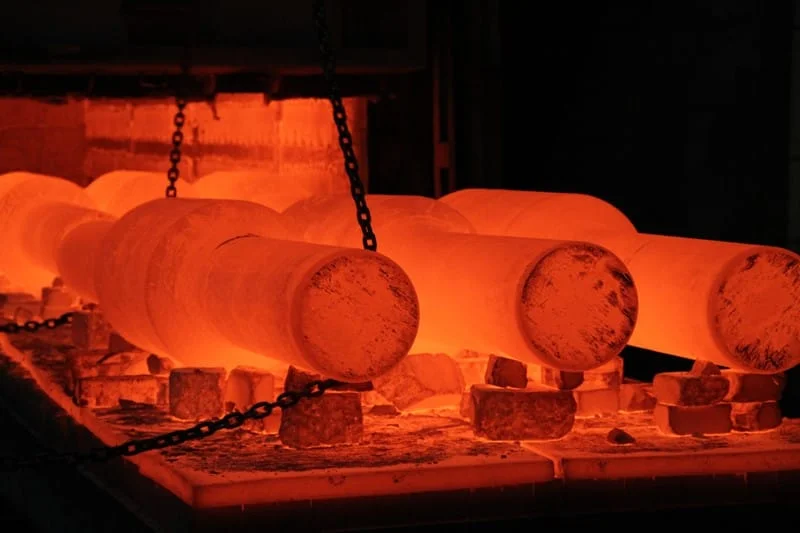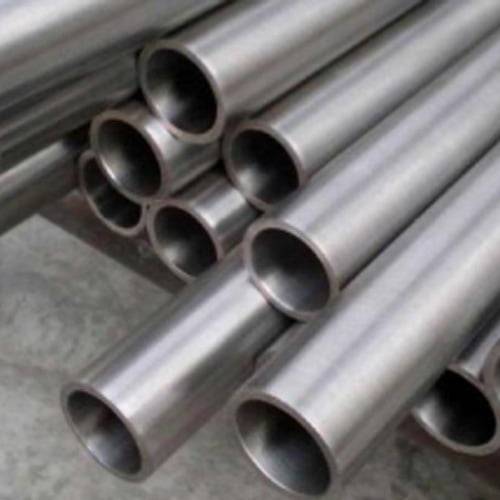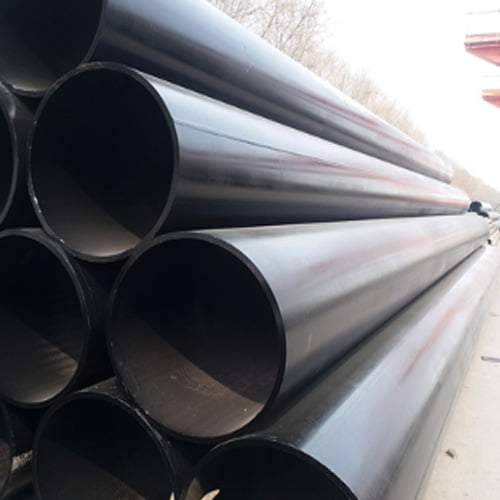Welcome to My Blog!
Before we dive into the content, I’d love for you to join me on my social media platforms where I share more insights, engage with the community, and post updates. Here’s how you can connect with me:
Facebook:https://www.facebook.com/profile.php?id=61559060896490
Now, let’s get started on our journey together. I hope you find the content here insightful, engaging, and valuable.
Introduction
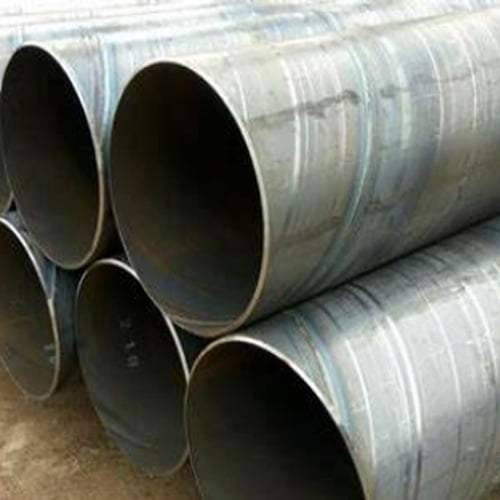
Welded steel pipe has become a staple in construction projects around the world, thanks to its durability, strength, and versatility. As construction demands continue to evolve, the use of welded steel pipe offers numerous advantages that make it a preferred choice for various applications. This blog will delve into the benefits of using welded steel tube in construction, exploring its properties, applications, and the factors that contribute to its widespread use.
What is Welded Steel Pipe?
Definition and Composition
Welded steel pipe is made by rolling steel plates or sheets into a cylindrical shape and then welding the edges together. This process creates a strong, seamless structure that can withstand high pressures and loads. Typically, these pipes are manufactured from carbon steel, although other materials can also be used depending on specific requirements.
Manufacturing Process
The manufacturing process of welded steel tube involves several key steps:
- Plate Preparation: Steel plates are cut to the desired width and length.
- Forming: The plates are rolled into a cylindrical shape.
- Welding: The edges are welded together using various techniques, such as electric resistance welding (ERW) or submerged arc welding (SAW).
- Finishing: The pipes undergo surface treatment, cutting, and inspection to ensure they meet quality standards.
Advantages of Using Welded Steel Pipe
High Strength and Durability
One of the primary benefits of welded steel pipe is its exceptional strength. The welding process enhances the structural integrity of the pipe, making it suitable for high-pressure applications. Its durability ensures a long service life, reducing the need for frequent replacements and repairs.
Versatility in Applications
Welded steel tube are versatile and can be used in a wide range of applications, including:
- Structural Support: Used in buildings and bridges to provide structural integrity.
- Fluid Transport: Ideal for transporting water, gas, and other fluids due to its strength and resistance to pressure.
- Industrial Applications: Commonly used in manufacturing and processing plants for various mechanical and chemical processes.
Cost-Effectiveness
Compared to other materials, welded steel pipe is often more cost-effective. The manufacturing process is efficient, and the long-term durability reduces maintenance costs. Additionally, its availability in various sizes and specifications allows for cost-effective project planning.
Easy Installation
Welded steel pipes are relatively easy to install due to their lightweight nature compared to other materials. Their uniformity in size and shape allows for straightforward handling and assembly, making them an excellent choice for construction projects.
Corrosion Resistance
While steel is susceptible to corrosion, many welded steel tube are treated with coatings or finishes to enhance their resistance to rust and deterioration. This is especially important for applications in harsh environments where exposure to moisture and chemicals is a concern.
Environmentally Friendly
Using welded steel pipes can contribute to sustainability efforts in construction. Steel is recyclable, and employing welded steel tube reduces waste compared to traditional materials. Additionally, their long lifespan minimizes the environmental impact of replacement and disposal.
Compliance with Standards
Welded steel pipes are manufactured according to industry standards and regulations, ensuring that they meet the necessary safety and quality requirements. This compliance is crucial for construction projects where safety is a top priority.
Applications of Welded Steel Pipe
Welded steel pipes are utilized in various sectors, each taking advantage of their unique properties. Here are some common applications:
Construction Industry
In the construction sector, welded steel tube are widely used for structural applications, including columns, beams, and scaffolding systems. Their strength and reliability make them a preferred choice for builders.
Oil and Gas Industry
Welded steel pipes are essential in the oil and gas industry for transporting crude oil, natural gas, and refined products. Their ability to withstand high pressures and resist corrosion makes them ideal for these applications.
Water Supply Systems
Municipalities and industries often use welded steel pipes for water supply systems. Their durability ensures that they can handle the pressures involved in transporting water over long distances.
HVAC Systems
In heating, ventilation, and air conditioning (HVAC) systems, welded steel tube are employed for ductwork and fluid transport. Their structural integrity ensures efficient operation and longevity.
A Comparison of Welded Steel Pipe Types
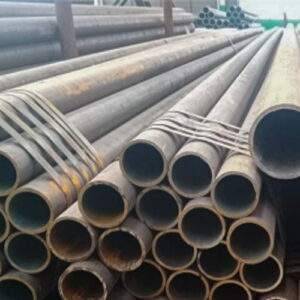
To illustrate the characteristics of different types of welded steel pipes, here’s a table summarizing their properties:
| Pipe Type | Wall Thickness | Pressure Rating | Common Uses | Coating Options |
|---|---|---|---|---|
| Electric Resistance Welded | Thin to Medium | Medium | Plumbing, HVAC | Galvanized, PVC |
| Submerged Arc Welded | Medium to Thick | High | Oil and gas transport | Epoxy, Paint |
| Spiral Welded | Varies | Varies | Water transport, structural | Coating for corrosion |
Conclusion
The benefits of using welded steel pipe in construction are manifold, ranging from high strength and durability to cost-effectiveness and versatility. As the construction industry continues to evolve, welded steel tube remain a reliable choice for various applications, meeting the demands of modern infrastructure projects. By understanding the advantages and applications of welded steel pipe, construction professionals can make informed decisions that enhance project outcomes and sustainability.
FAQ
What are the primary advantages of welded steel pipe?
The primary advantages include high strength, durability, versatility in applications, cost-effectiveness, easy installation, and corrosion resistance.
How does welded steel tube compare to other types of piping?
Welded steel tube typically offer superior strength and pressure ratings compared to other materials like PVC or cast iron, making them suitable for demanding applications.
Can welded steel pipes be used for high-pressure applications?
Yes, many welded steel pipes are designed to withstand high pressures, especially those manufactured using submerged arc welding techniques.
How do I ensure the quality of welded steel tube?
Quality can be ensured by sourcing from reputable manufacturers who adhere to industry standards and conduct thorough inspections during the manufacturing process.
Are welded steel pipes environmentally friendly?
Yes, welded steel pipes are recyclable and have a long lifespan, making them a sustainable choice for construction projects.

